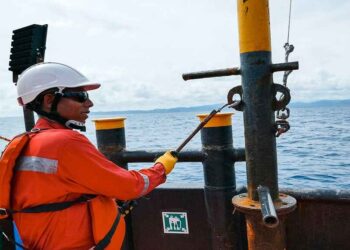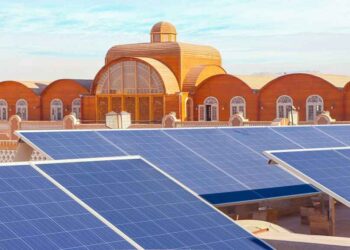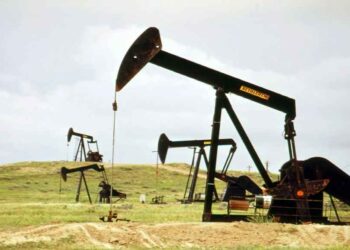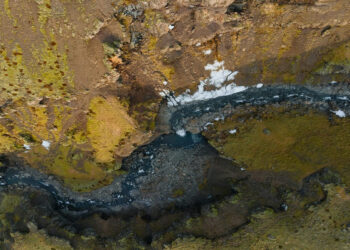Kazakhstan has stepped up efforts to secure investment from the Middle East, as the country’s oil and gas sector struggles to remain an attractive target for Western majors.
The latest moves involve the Eni-led Kashagan project in the Caspian Sea, the country’s largest offshore project and, together with Tengiz and Karachagank, one of the country’s three leading foreign-led developments.
Western companies have started preparing to reduce investments in the country, as Kashagan operator North Caspian Operating Company (NCOC) remains emboiled in a dispute with the government over the pace of the project’s development and, Kazakhstan continues working to strengthen ties with Russia.
At a meeting in Astana last week, Kazakh Prime Minister Olzhas Bektenov rubberstamped a proposed tie-in between state-owned gas pipeline operator and producer Qazaqgaz and Qatari UCC Holding, according to a government statement.
Talks on UCC’s entry into Qazaqgaz-managed projects in Kazakhstan unfolded earlier this year as Kazakh President Kassym-Jomart Tokayev embarked onto a Middle East tour in an effort to raise interest in the region towards investing his country’s energy industry.
According to the Kazakh government, UCC is set to invest in two programmes aimed at supporting oil production expansion plans at the Eni-led Kashagan offshore oil development in the Caspian Sea.
The first programme involves the construction of two onshore processing plants to help handle the expected increase in associated sour gas and oil produced at Kashagan.
The government in 2022 appointed Qazaqgaz to manage construction of the first facility, with a processing capacity of 1 billion cubic metres per annum of gas, replacing the previous private-held operator after it had reported several delays to the programme.
The second facility has a planned processing capacity of 2.5 Bcm per annum of gas, with the pre-front-end enginering and design study on the project expected to be completed later this year.
Authorities said earlier that the capacity of the plant may be increased to 4 Bcm per annum.
The second programme involves UCC investing in the construction of two gas pipelines, Kostanay-Aktobe and Beyneu-Bozoy-Shymkent, aimed at increasing the availability of natural gas to domestic customers and boosting the country’s gas export capacity to China



















































